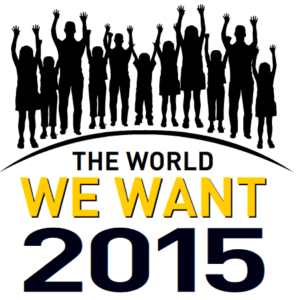 The UKFIET community has an important contribution to make to the Post 2015 discussions on Education, and here is one opportunity to have your say. The Post 2015 Global Thematic Consultation on Education opened on 10 December 2012.
The UKFIET community has an important contribution to make to the Post 2015 discussions on Education, and here is one opportunity to have your say. The Post 2015 Global Thematic Consultation on Education opened on 10 December 2012.
As a co-moderator of this discussion, I urge you to visit the website and join the discussion on Equitable Access to Education. This is an essential opportunity for civil society and others to provide input into the discussion towards the Post 2015 MDG and EFA goals, which will feed directly into the High Level Panel. As the first of four discussions within the Global Thematic Consultation on Education, Discussion One will run until 24 December. Additional discussions will then be be opened and will run until 24 February.
To kick off the Discussion One, we invite you to reflect on the following:
Despite overall progress in access to schooling over the past decade, far more still needs to be done to narrow disparities if all children are to have the same opportunities in education. . At the end of the 1990s, there were 108 million children of primary school age not enrolled. After remarkable progress, the global number of children out of school has stagnated for the first time since 2000. In sub-Saharan Africa – the region already furthest from achieving EFA goals – the number of out of school children increased by 1.6 million between 2008 and 2010. To date, progress has been made but much more is needed to ensure the remaining 61 million primary school-age children and 72 million secondary school age children enroll in school. In 28 countries, fewer than 85 out of 100 children were in school in 2010.
Inequality is at the heart of these challenges and education disparities are becoming an even greater source of division—both within and between countries. In at least 63 countries around the world, female youth from poor households are significantly less educated than other sectors of society. And just as gender limits opportunities, so does disability, ethnicity, language, displacement – including refugees and those internally displaced, impact of natural hazard, and rural residence, among others. The inequality is magnified for vulnerable children. Children in conflict-affected poor countries account for 42% of those out of school. Impacts of climate change have the potential to lead to increased numbers of out-of-school children and youth.
A list of questions has been developed to help focus the discussion, which can be found on the Discussion One website: Please click here to go directly to the discussion page and participate. If you have not registered on the World We Want 2015 website yet, please go to the Education Global Consultation web page.

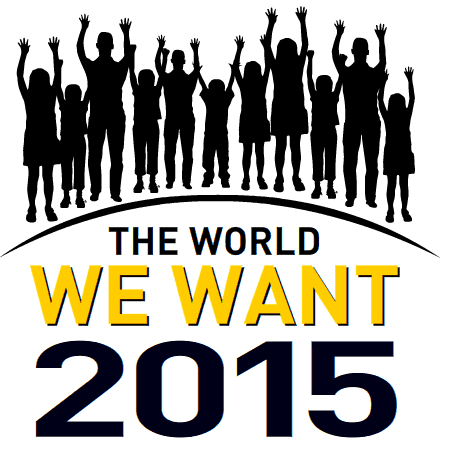
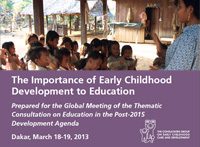

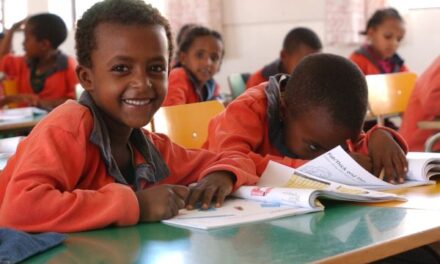
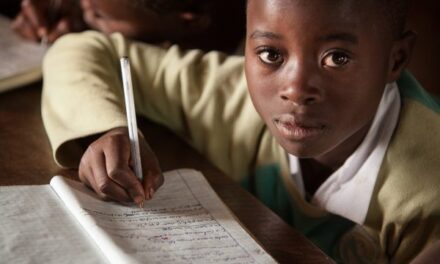
Hi Lori. Thanks for telling us about this online consultation, and also for introducing us to the second consultation about Quality of Learning which is currently taking place http://www.ukfiet.org/cop/2013/e-discussion-quality-of-learning/. Now that the consultation on Equitable Access is over, is there a summary available?
Thank you for this request. A summary will be available and I will make sure to post the link.
Hello!
The summary of “Equitable Access to Education” can be found at:
http://www.worldwewant2015.org/node/305744
All the best.
Thanks, Lori, for this link to the summary!